
It’s a well known topic. Revolutionaries have always been
confronted with it and will probably always be.
It’s about the tension between the analysing of the reality of the
struggle and the methods of organization and struggle that you
make your own. And about the evidence that almost every
method of organization that is not based on reciprocal knowledge,
affinity and informality ends with producing a caricature and
stimulating certain detrimental behaviours. Even more, it is
impossible to separate the question of organisation from the
content of a specific project or perspective.
It’s in this much schematised order that we want to clarify some of
our choices and ideas. We don’t intent to point the finger towards
comrades or to deny certain dynamics’ natural development
(meaning time, experiences and mistakes). On the other hand,
we’re only deceiving ourselves if we wouldn’t dare to criticise
certain problematic realities within what one could call, with some
good will, the ‘anarchist movement’. Maybe we differ ideas with a
number of comrades that struggle on the same terrain (prison in
all its forms) and then it’s good that these differences find their
expression. On this theme, a series of texts and critiques have
circulated that inspired us in the development of our project. We
hope that the different comrades, each of them in his context and
with her ideas, can use these experiences and considerations to
sharpen their project.
It’s not a coincidence that the social ice age that we’re living at
the moment, also has its consequences within the anarchist
movement. Seen the lack of clear perspectives and lost force to
“storm the heavens”, it’s almost logical that a part of the
movement is reduced/reduces itself to a form of cheap folklore.
One of the terrains where this misery flourishes abundantly is that
of the struggle against prison. It seems to have become one of
the chosen terrains to surround oneself with an aureole of
radicalism and importance. Usually, certainly for those that aspire
for a little more than easily consumable solidarity declarations, the
emptiness and lack of perspective festers out quickly. It’s very
easy to give the image to the inside that you’re ‘active’, because
prisoners happen to have less means to grasp what is happening
outside, to put it in the context and to possibly oppose it. This
image suffices to gain credit of other comrades while, in reality,
contact with imprisoned comrades are not maintained, real will to
fight against prison is lacking (or is almost extinct after so many
negative experiences and so much pose instead of real struggle),
promises are made but not kept and necessary continuity is
lacking (prisoners are most of the time a little longer imprisoned
than for some months). While promising logos continue to flourish
abundantly, some take their conclusions.
The so-called struggle against prison sometimes resembles more
a sort of anti-repression activism. Information has become the
only goal and the diffusers of information are the guardians of
solidarity. And this information loses more and more of its
meaning, because there’s made use of less and less. It’s not
being discussed, nor thought about how blows against comrades
could be forged to an intensification of the struggle. The only thing
that seems to matter is the diffusing of the information that stands
on itself and there, the logos also flourish abundantly. One
repressive story follows the next, the blow against the movement
is consumed as a spectacle with only spectators and the
imprisoned comrades are often detached of their struggle context
and ideas.
Solidarity cannot be reduced to the ‘spreading of information’. We
understand solidarity as a permanent attempt or tension to on the
one hand continue the struggle of the imprisoned comrades and
on the other hand to actively involve prisoners in discussions, in
struggles outside,… To use a slogan which content has been so
eroded in many ‘anti-prison milieus’: “Our solidarity is not charity”.
Indeed, our solidarity is based on a shared revolt, shared ideas,
shared perspectives. That’s for us the starting point and one of
the only ways to fight against the isolation that the State tries to
impose on certain comrades.
From this angle, the question of ‘political’ and ‘social’ prisoners
could be undermined. It’s not enough to proclaim that there
wouldn’t be a difference. The only criterion that we want to use for
our solidarity is whether we share something of revolt or ideas
with certain prisoners (detained for revolutionary or survival
practices). In this sense, we made the choice not to twist and turn
in order to express specific solidarity with imprisoned members of
authoritarian groups or famous ‘criminals’ which criticisable
aspects are persistently put aside. We think that the choice to
base solidarity on shared revolt offers more than other choices
the possibility of putting forward in a clear way the anarchist
perspective of the destruction of prison and its world. Not only
towards other prisoners, but also towards oppressed and
excluded in the street.
While some circles’ demagogy of ‘political prisoners’ makes us
puke ever more, on the anarchist side, it sometimes seems to
incline towards the contrary. Every prisoner that rebels is put on a
pedestal and gets the etiquette with ‘social rebel’. This is a logical
consequence of the detrimental mentality of not leaving from an
own, autonomous perspective, but attempting to obstinately
discover ‘subjects’ everywhere. We try to develop a struggle of
our own, even with few, with a clear basis and practice. We no
longer want to fool ourselves by putting etiquettes no matter
where. Moreover, this image that is given of certain prisoners
impeaches any real discussion, so any development of a shared
perspective. Prisoners are made to something that is put above
us and to the inside we send a complete falsified image of the
outside movement’s determination and strength. In this way,
we’re not only deceiving imprisoned comrades, butm first of all
ourselves. The result is bitterness and aversion, inside and
outside.
Finally, we also think that we should do everything to avoid that
the struggle against prison and solidarity with imprisoned
comrades is detached from other struggles. We have to look for
possibilities and occasions to insert the question of prison in other
struggles and vice versa. Concretely, it has always seemed
absurd to not combine the struggle against prison with for
example the struggle against detention centres for illegalised
people. It puts us in a dead end to, for example, only talk to
prisoners about prison, we should also bring up other aspects of
dominion, we should talk about everything that includes our
anarchist perspective. Even though this can sometimes lead to
ruptures (what we wish to do with money is for example not likely
to appeal to many thieves). In this sense, we are very aware of
the limits of a publication like La Cavale and we take it as a
challenge to surmount those limits. On the other hand, La Cavale
has always been a – moderate – instrument in our activity around
the ongoing agitation in Belgian prisons, because we have never
considered counter-information and analyses as an ending point
but only as a first step, a start.
We want to continue in the direction that always seemed the most
fertile: basing our relations on shared perspectives in relation to
the struggle against prison, on real affinity, and not on an image
that keeps eroding itself irrevocably. That’s why we’ve decided to
stop using the logo Anarchist Black Cross. We see this not as a
step backwards or a step back but as a step forward to further
deepen and sharpen our project, a project that is directed towards
prison and its world and that connects with the agitation in
Belgian prisons and the every day struggle of imprisoned
comrades.
. Ex-“Anarchist Black Cross Antwerp”



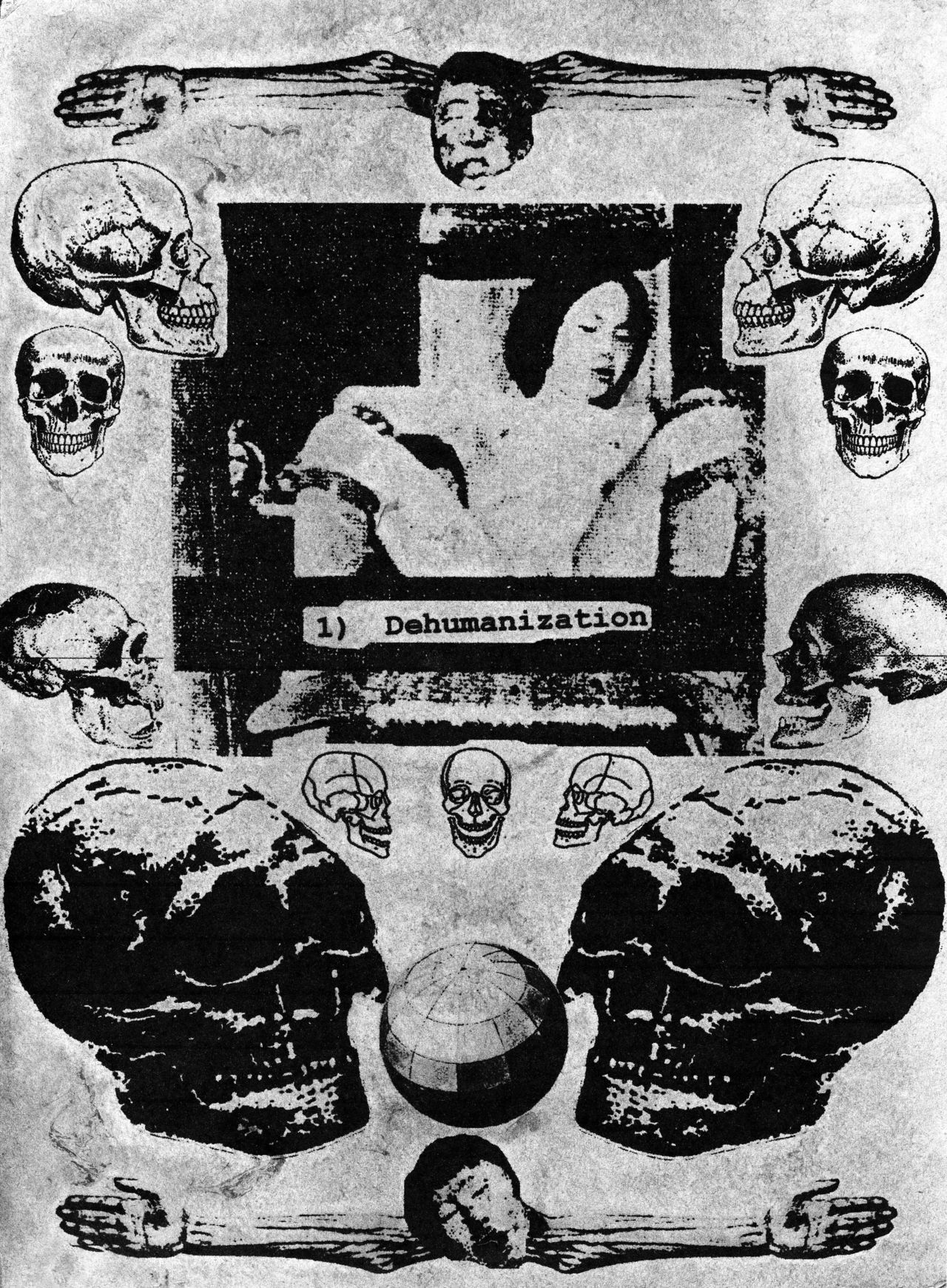



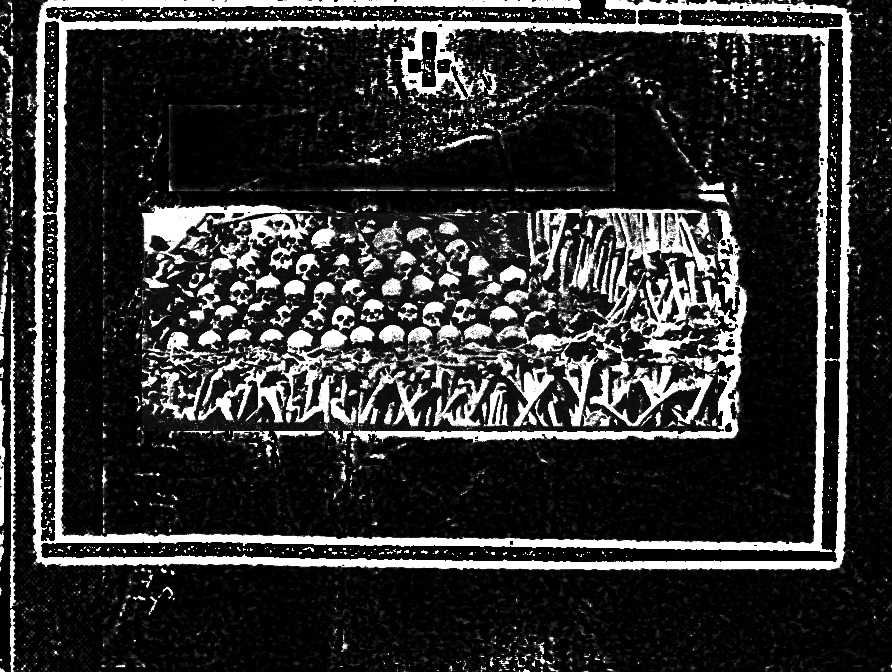
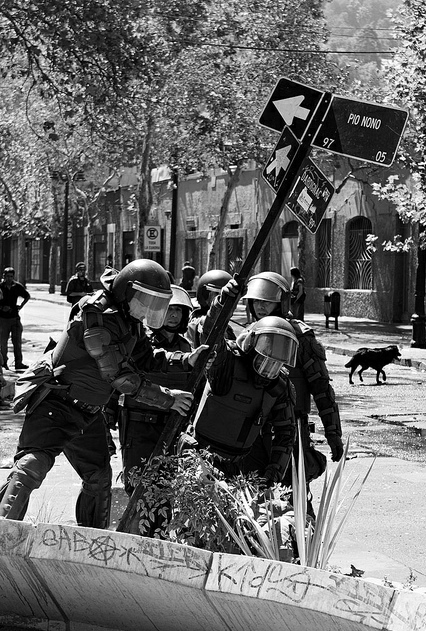
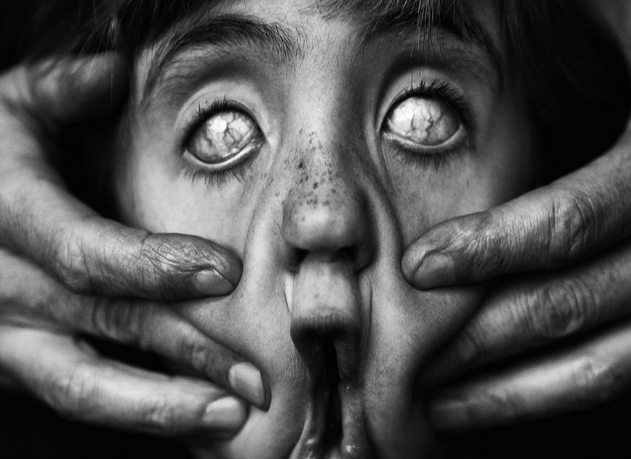


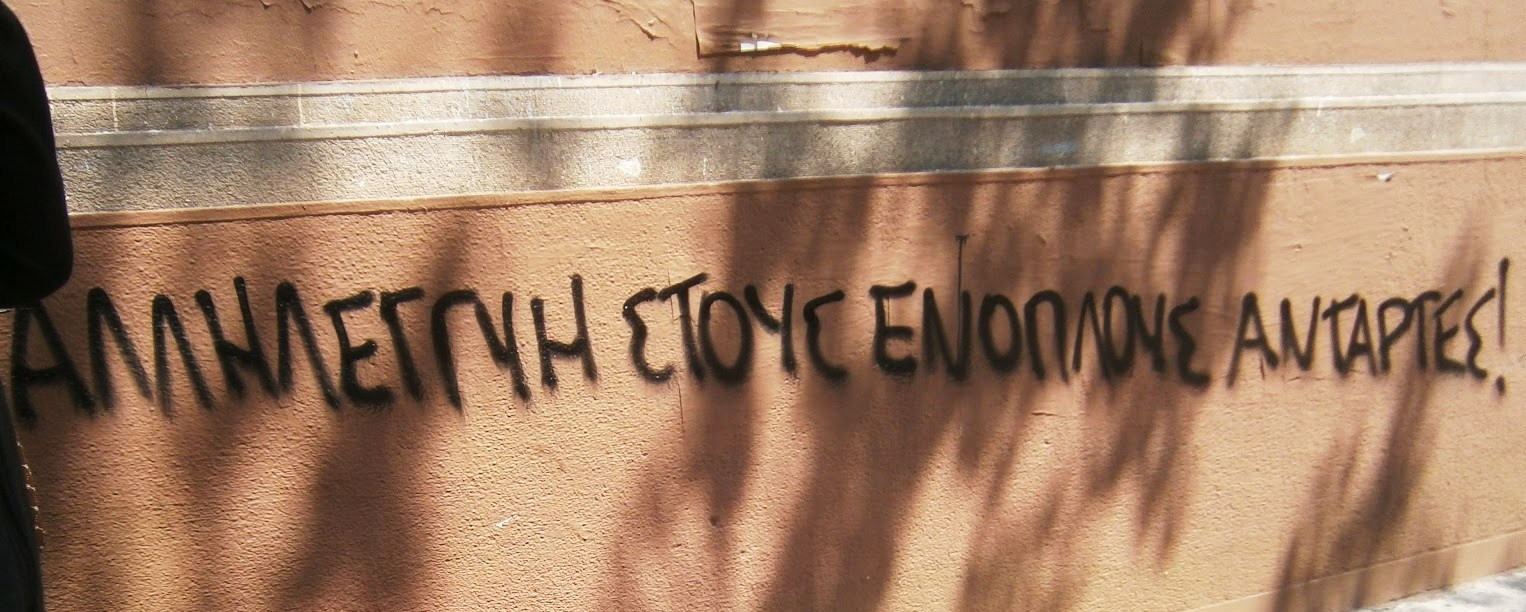

![Eurorepressione - Sulla conferenza a Den Haag sul tema "Anarchia" [corretto]](http://25.media.tumblr.com/tumblr_m0jvngOXtY1qa2163o1_1280.jpg)
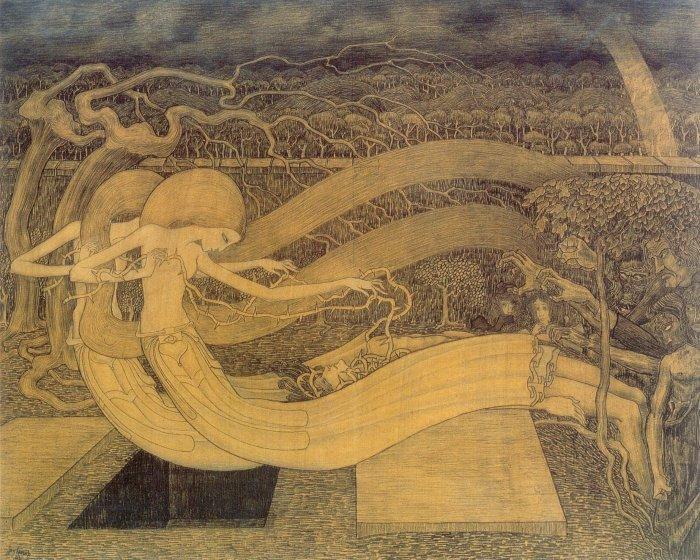
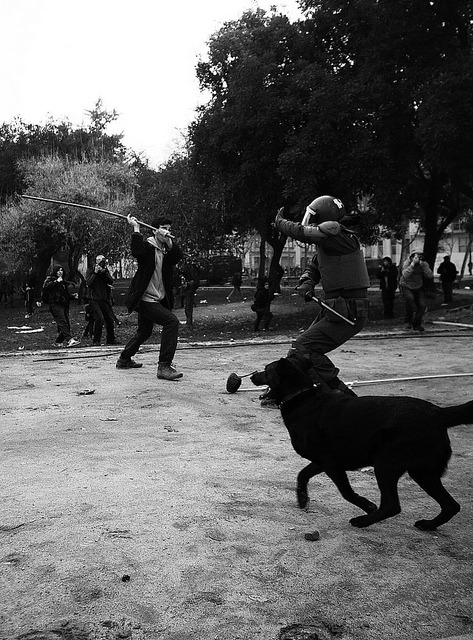
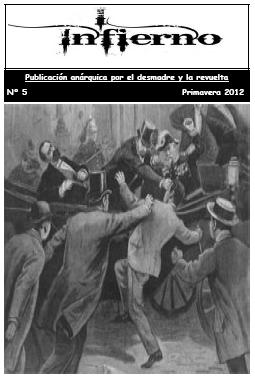
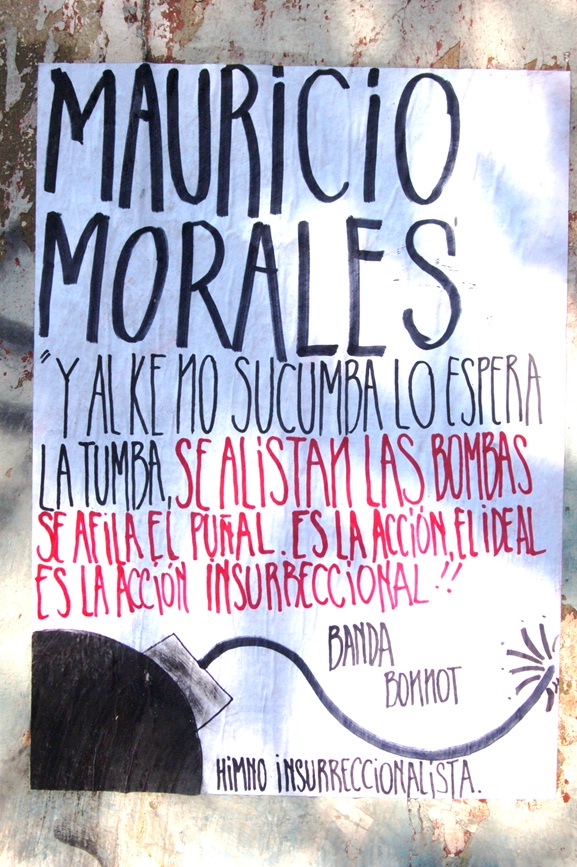
![A tres años de la Partida de Mauricio Morales: De la Memoria a la Calle [Stgo.]](http://metiendoruido.com/wp-content/uploads/2012/05/mmacividad.jpg)

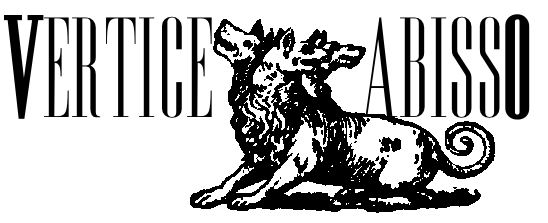



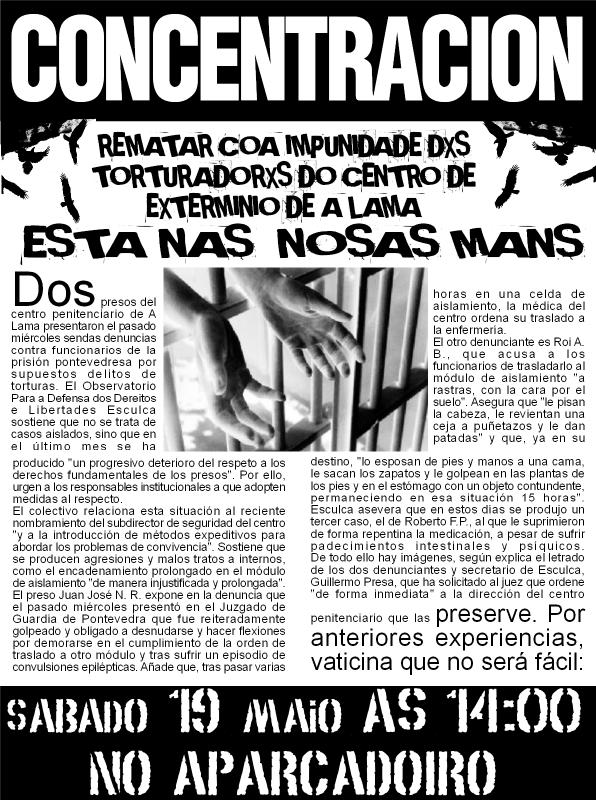

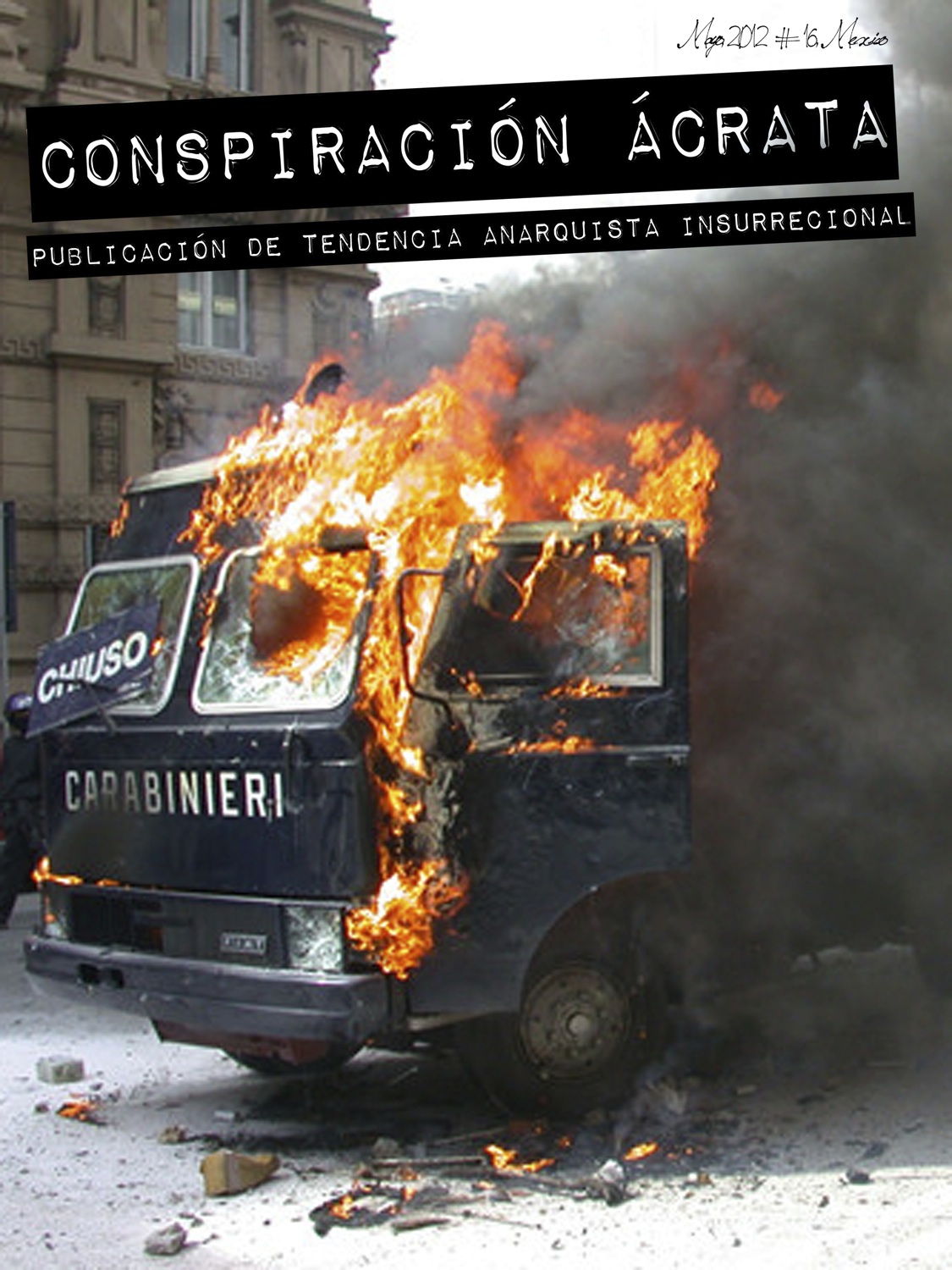

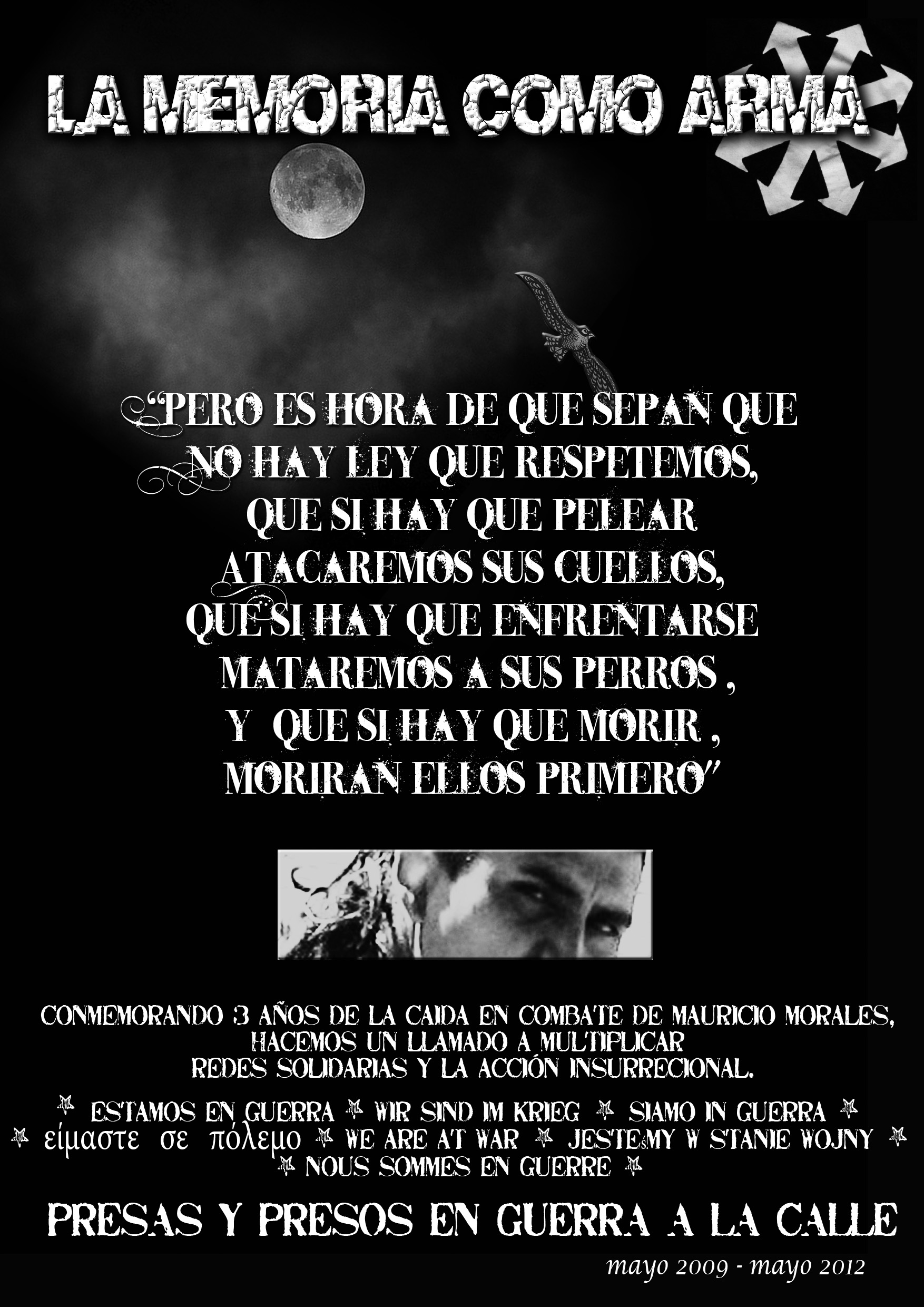
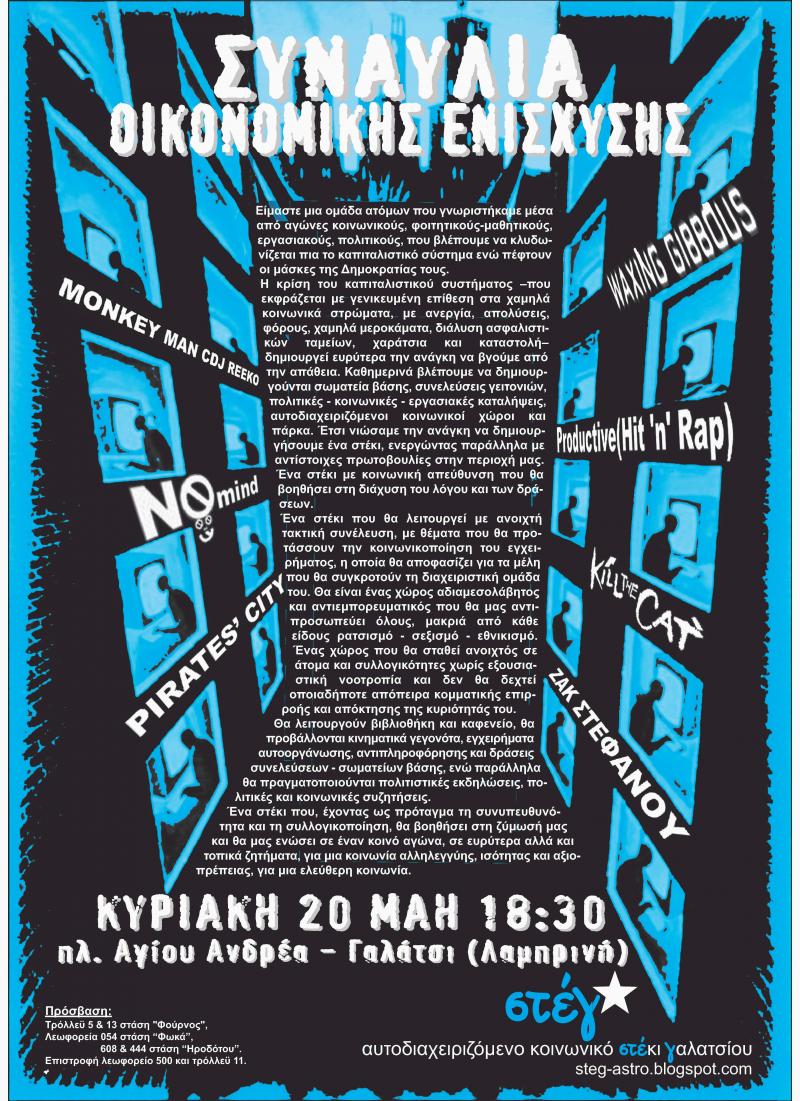








Nessun commento:
Posta un commento